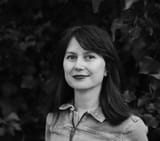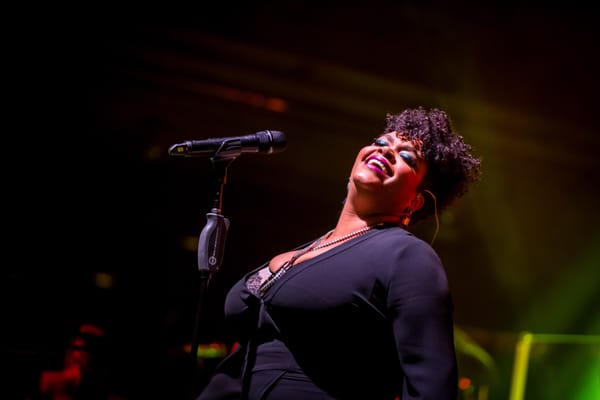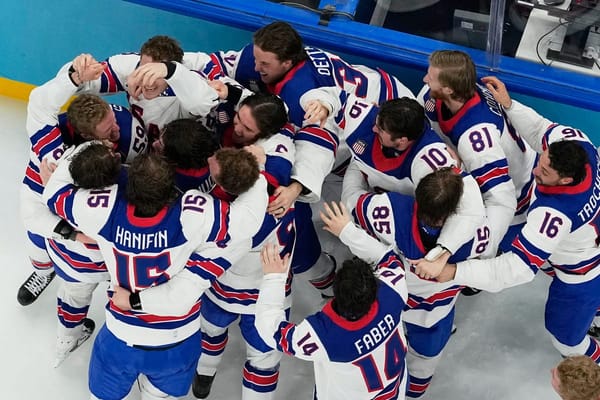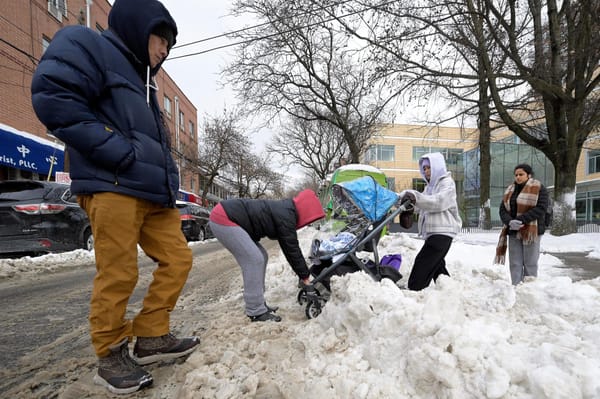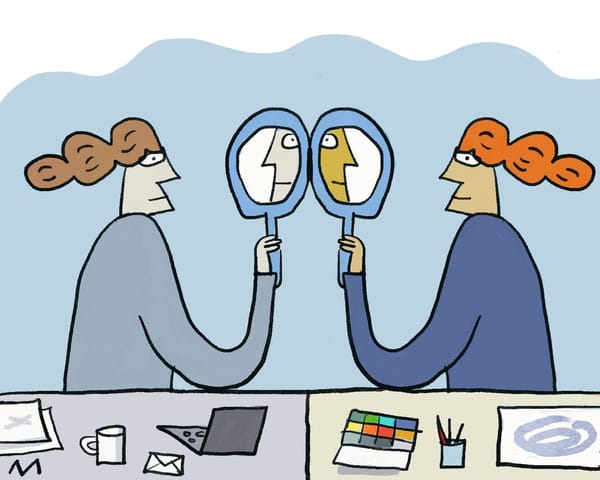'Quite Looking Forward to Going Mad With Grief'
A dying father. A world awash in Covid. A total loss of control. And a mind that refuses to snap.
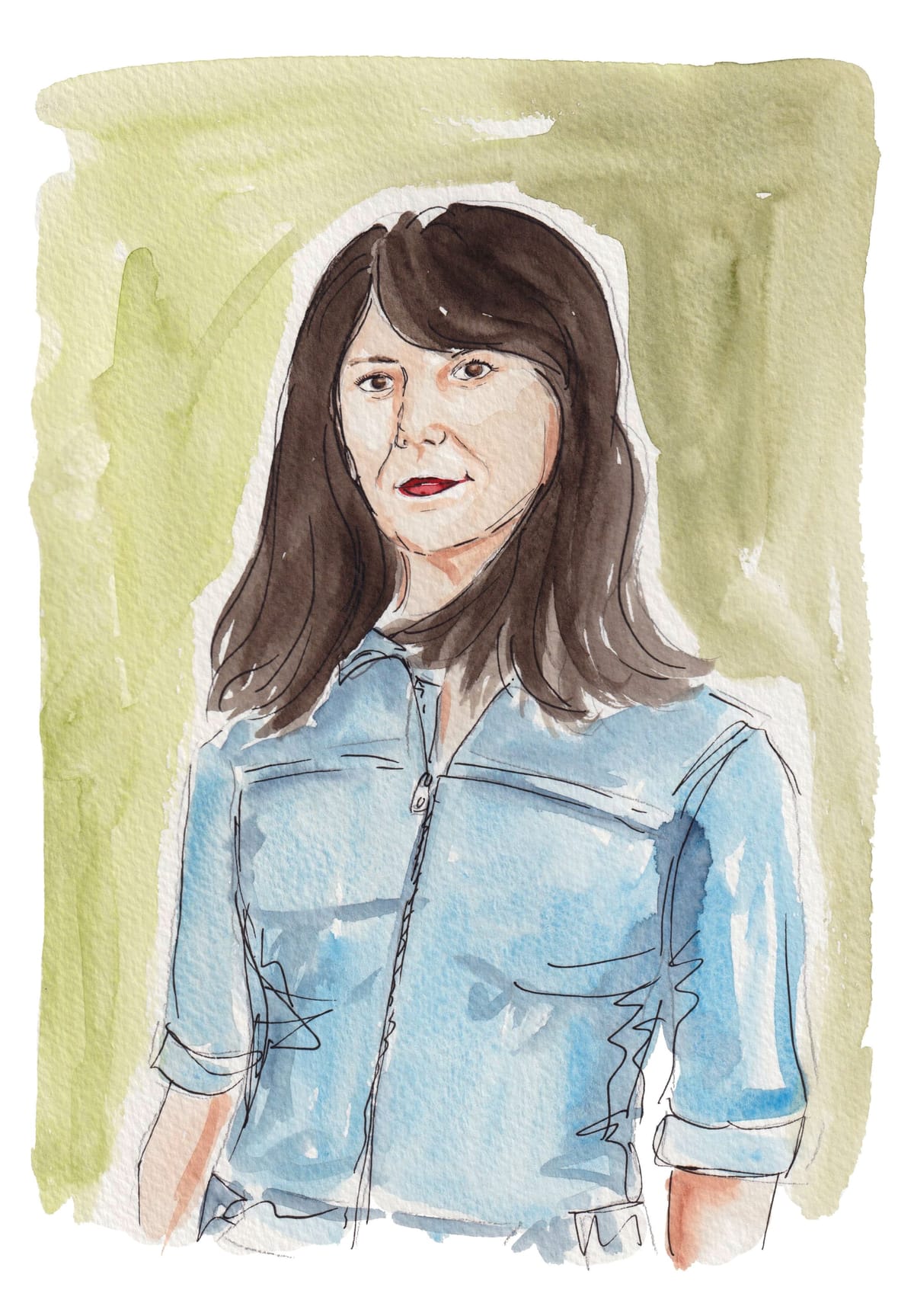
In 2020, I was prepared for my father to die. He had been receiving treatment for cancer for seven years, and by the end of 2019, the chemotherapy had stopped working. My father lived in Melbourne, and I lived in Paris—at the end of 2019 this did not seem insurmountable. But then the pandemic hit, and borders around the world began to shut. In June 2020, I flew on an eye-wateringly expensive flight to Australia and spent 14 days locked in the Melbourne Airport Holiday Inn, willing Dad to stay alive long enough for me to get out and say goodbye. He did. I was released from quarantine on July 6. My father died on July 7. And then I returned to Paris and entered the wilderness of mourning alone on the other side of the world. This became my book "Desire Paths." — Megan Clement
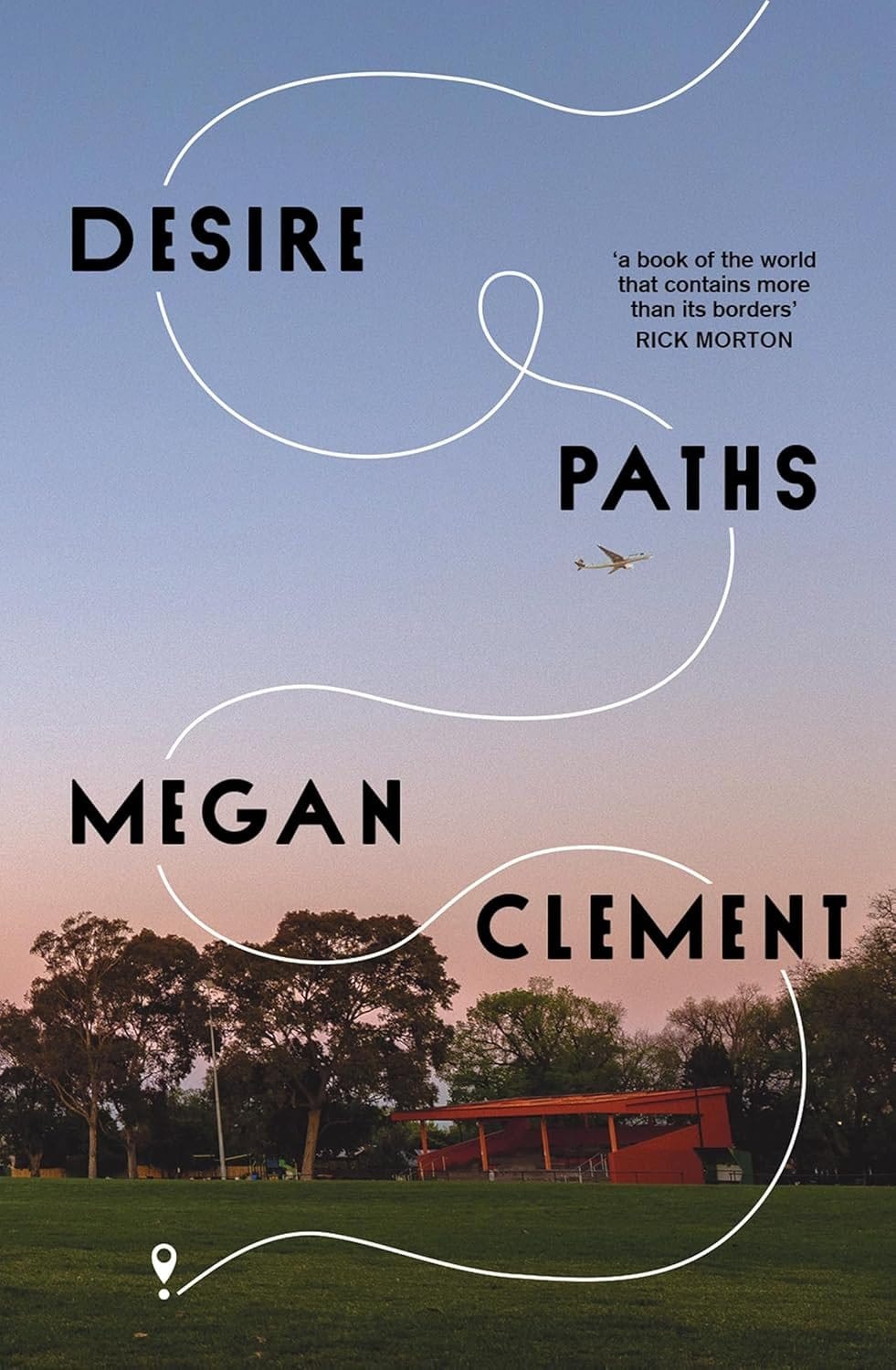
I had been quite looking forward to going mad with grief.
It seemed to me the only advantage to my father dying would be having a valid reason to become briefly insane, to temporarily let go of the obsessive control which I fool myself into thinking I retain over every aspect of my life. I do not know if womanhood is a causative factor for this kind of misapprehension, but I see the correlation.
Natasha Walter, a British author and human rights activist, writes in “Before the Light Fades,” her memoir about the death of her mother:
“While—as a feminist, as a mother—I have criticized the way that women impose such discipline on themselves, I have also taken some pleasure, all my life, in the constant exercise of control, and the payback it has given me in social approval.”
I do not associate control with pleasure. For me, it is closer to protection, a form of survivalism. Yet it is, as Walter notes, a kind of currency that is tied to the feminine condition.
It is through the constant exercise of control—from knowing exactly what is in my fridge at any given time to knowing the most efficient route from my home in Paris on the rue de Bagnolet to the Peter Mac cancer ward where my father was being treated, to organizing a bereavement counselor for myself in advance of my actual bereavement—that I am able to cope.
Circumstances become manageable once they shift from unforeseen to foreseen. If I exercise the requisite control, I never again have to hear a policeman telling me, “You have to be smarter than that.” I do not exercise control because I am afraid, but because I never want to be accused of not being smart enough ever again.
And so, as I like to be prepared for things—indeed, as I must prepare for things in order to function—I had prepared myself to go mad, when my father died. I was taking a controlled approach to losing control, as I had done before.
The Mania, the Madness
In 2008, at the age of 21, I was sexually assaulted while living far from home, on a brief work stint on the other side of Australia. In the aftermath, I entered a period of mania that lasted for around two years.
The potential for quotidian horror in life yawned open before me: I had stared into the maw. I had seen how people let each other down when catastrophe strikes, how systems fail, how few of the organizations designed to help, actually do so, how institutions close ranks to protect themselves, how women are blamed or not believed, how open secrets are never shared with the people who most need to hear them, how safety nets can rip open beneath you just as your hands slip from the trapeze. It was these facts, rather than the assault itself, that sent me mad.
I looked at men with glistening eyes and walked them right to the precipice of my affection so I could turn around and leave them there.
And though those years were largely spent in distress, as I attempted to reconcile myself to the newfound ugliness of the world, there was a tiny amount of pleasure to be taken from the excuse I had been given to go mad. I drank to oblivion, often. I pounded on doors in the middle of the night. I sobbed fulsomely, uncontrollably, frequently. I asked the wrong people for help over and over again. I looked at men with glistening eyes and walked them right to the precipice of my affection so I could turn around and leave them there. For two years, I made one dubious decision after another.
Eventually, however, I began to get better. But I had liked not having to be responsible for myself for that brief period. I’d liked not having to be perfect: to be smart, and fun, and one of the boys, and one of the girls, and sexually available but not slutty, and hot but not vain, and earning money, and good at my job, and pleasing to male colleagues, but partying hard, and studying hard, and having the right friends and the right opinions and the best iTunes playlists and frequenting the right places, all while being harassed and followed and grabbed at by passing men.
The mere fact of being a young woman was exhausting. I had to cease being a young woman to understand that. When I look back on that period now and try to describe the sensation of being older than 14 and younger than 24, the best I can come up with is that it felt something like being chased by a bear. And what was the point of all that effort if people could just hurt you and no one would help? The idea made me crazy. I spent my mad years plunged into an obsidian blackness, but in the depths there was a glitter. My madness shimmered. It was an indulgence. There was a freedom in it.
My madness shimmered. It was an indulgence. There was a freedom in it.
It is not flattering but it is true to admit that when my father died, I was looking forward to returning to that madness and the liberty it afforded me. One reason for this is that to be in mourning is to have a permission slip exempting the bearer from the pursuit of perfection.
Another reason for my certainty, one that is perhaps shared by those of us who lost our family members during the pandemic, is that the lockdowns and the masks and the closed borders and the hotel detention programs and singing “Mr. Brightside” while you washed your hands and leaning out of the window to applaud the health workers and the writing of a certificate to leave your house, all the insanity of the pandemic, matched how utterly upended my life had been by the looming loss of my father. For once, the rest of the world felt as insane as I did.
For seven years, my father had been terminally ill in another country. For seven years I’d had to find a way to reconcile that appalling fact with the competing fact of my life elsewhere. I had to slot it into my reality without letting it overwhelm me. I still had to go to work, and walk the dog, and do the dishes, and see my friends, and go on holiday, all as if I were not hurtling towards tragedy. But I never forgot. I never pretended to myself that my father was not sick and dying, even if I did have to pretend to other people. I am not sure I even managed to properly compartmentalize. I think I just operated with a kind of split personality. My father actually dying forced those two parts of myself together, and I was certain this would send me over the edge.
To my disappointment, my mind refused to break. I was embarrassingly functional, inconveniently sane.
But to my disappointment, my mind refused to break. Was this what they called resilience? I didn’t want it. I was embarrassingly functional, inconveniently sane. I went back to work, our creaky old house was finally renovated, my partner and I bought an apartment, I took up teaching. I saw friends and talked about my dead father and life went on. I did not, as it turned out, go mad with grief.
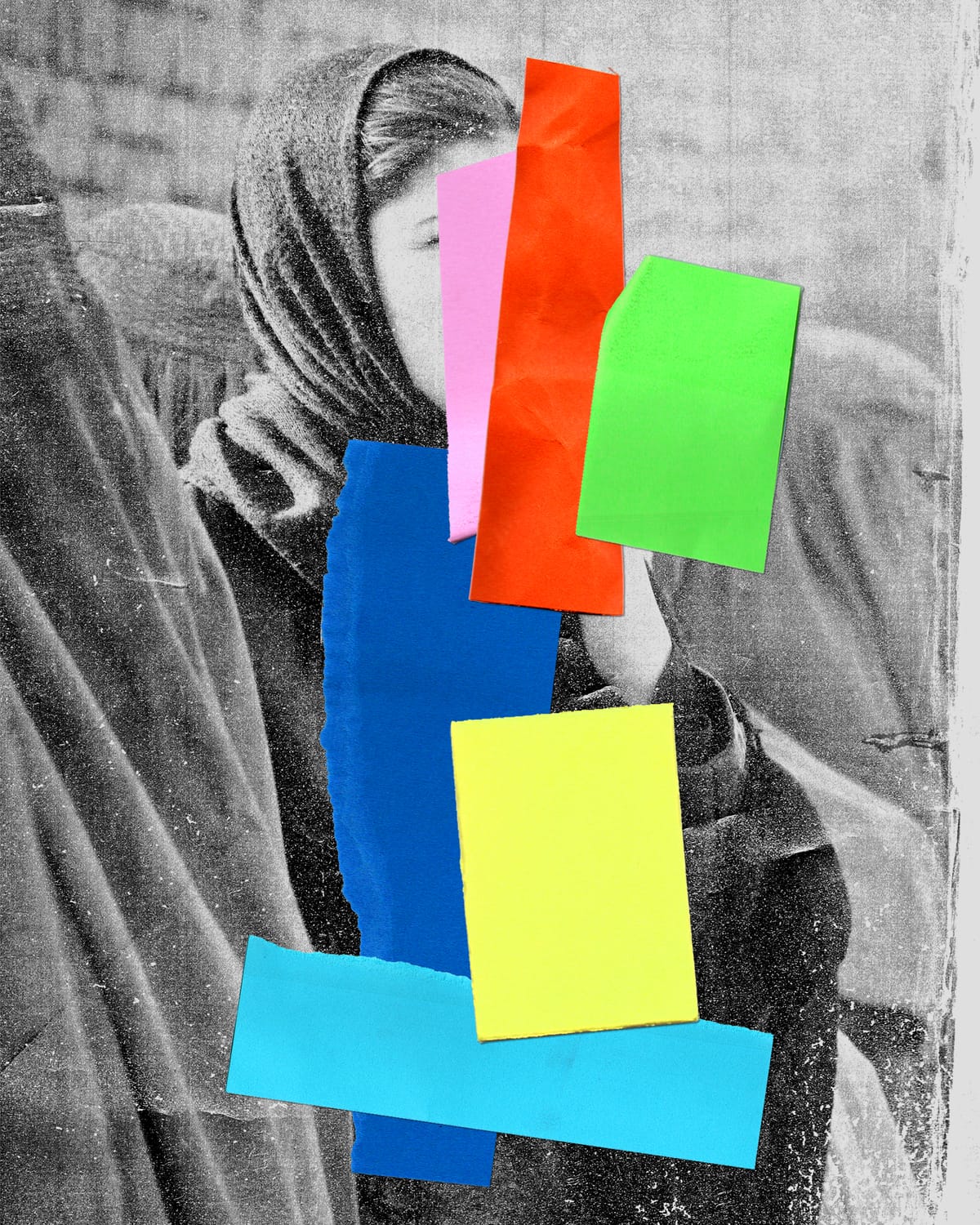
The So-Called Grief Hobby
I continued being the same person, just one who felt heavier with the pain of experience. Nor, to my surprise, did I acquire a new skill. Before my father died, I had wondered what my grief hobby might be. I was sure I would have one—indeed, it seemed necessary for the process of recovery. Everything I had read about loss had led me to believe that in the wake of my father’s death, I would discover some pastime that would pull me out of the inevitable madness.
This archetype is everywhere in these newly grief-literate times, almost always told by women. There are memoirs about it; most notably Helen Macdonald’s “H is for Hawk,” in which her bereavement is ministered to through the practice of falconry. This seemed a shade too ambitious in central Paris, where I live. A cursory browse through The Guardian’s archives offered up fell running, raving, nettle-weaving and, of course, wild swimming as potential grief hobbies.
I tried running, but on one lap around the track near our home I was confronted by an image of my dead father, skeletal and grey, just before the undertakers wheeled him away. It was one of the few times I was actually winded by loss, bent double on the track heaving breaths through my Covid mask.
So much for all that. I tried to make a podcast but my enthusiasm for that petered out.
In “Before the Light Fades,” Walter also seeks a grief hobby. She efficiently lists yoga, running, swimming and gardening, but none of them work:
“I have put on all this self care like a corset, which stands in for stomach muscles even when the real muscles are too soft to cope. I can stand upright now. But there’s still a great, dark weakness inside me.”
She eventually finds succor by joining Extinction Rebellion, a U.K.-founded climate movement.
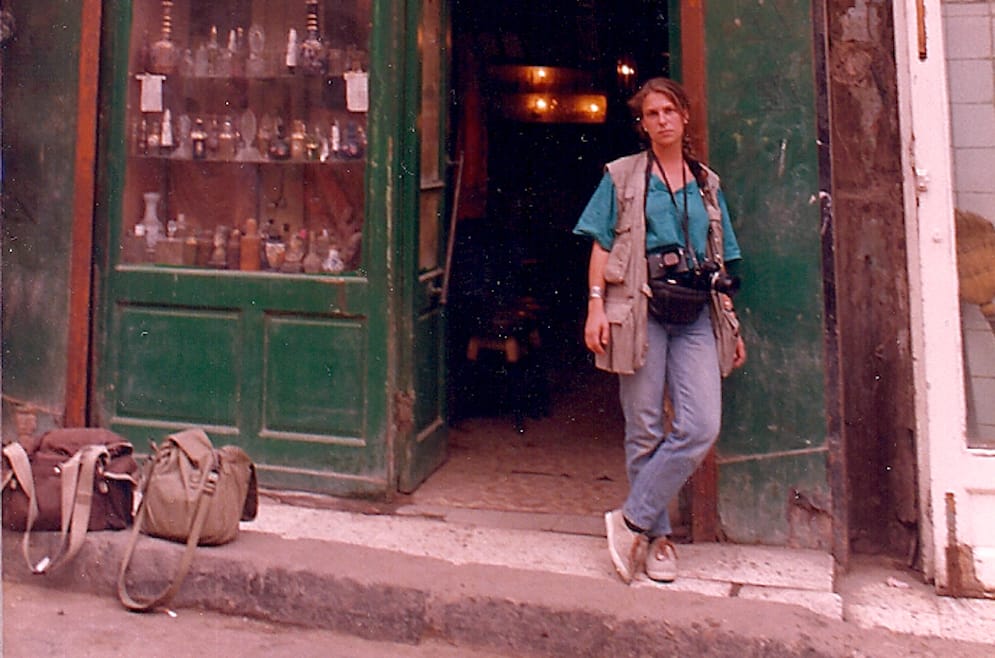
Self Care, Oh My
My grief counselor, who had become my therapist, said I must practice self care, so I bought a scented candle and a pair of pajamas. When I proudly informed her of this she laughed at me.
“Did you just google “self-care” and come up with a candle?” she asked. That was precisely what I had done.
Self care, she explained, was not about candles (you could have fooled me). It was about doing whatever made you happy. This idea was appalling to me. It was absurd. I had never done anything for the sole purpose of making myself happy. There always had to be a ‘should’ lurking somewhere, otherwise what was the point? But I tried. I acquired no skill or hobby after my father died. I did not bake, I did not weight-lift, I did not crochet or hike or learn the flute. I commanded no goshawk. I did not improve, never mind optimize myself. Most of the time I did not feel any emotion that I could point to and say, “that’s grief.”
I was angrier than I had been before. I was worried about my mother. I was lonely. And I was inescapably myself.
Excerpt from "Desire Paths" by Megan Clement published by Ultimo Press. © 2025 Megan Clement.

